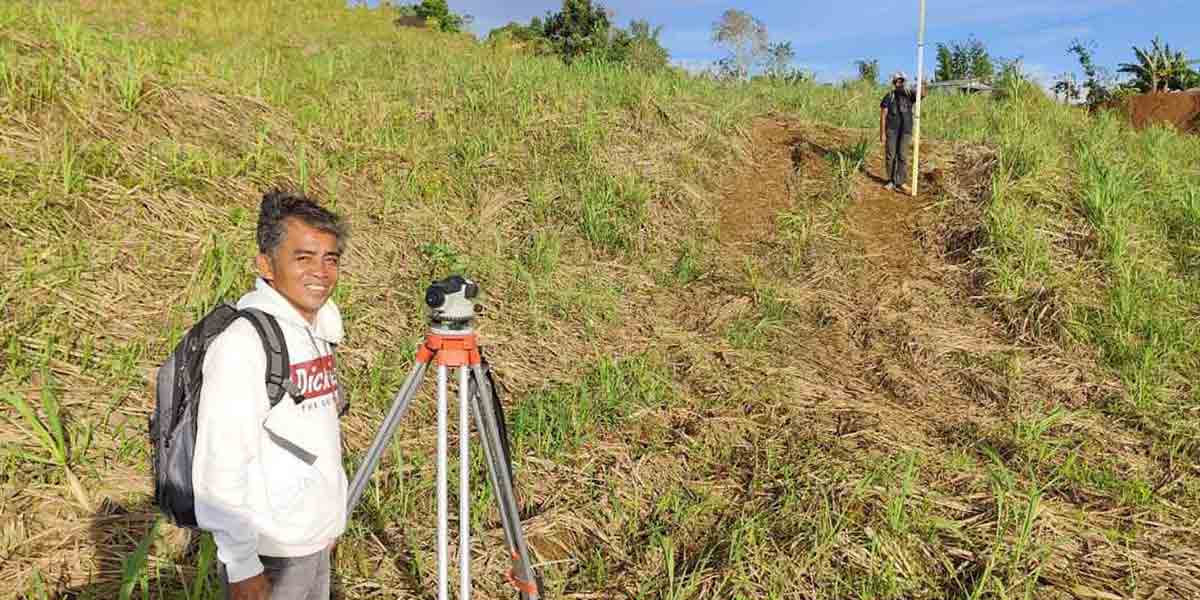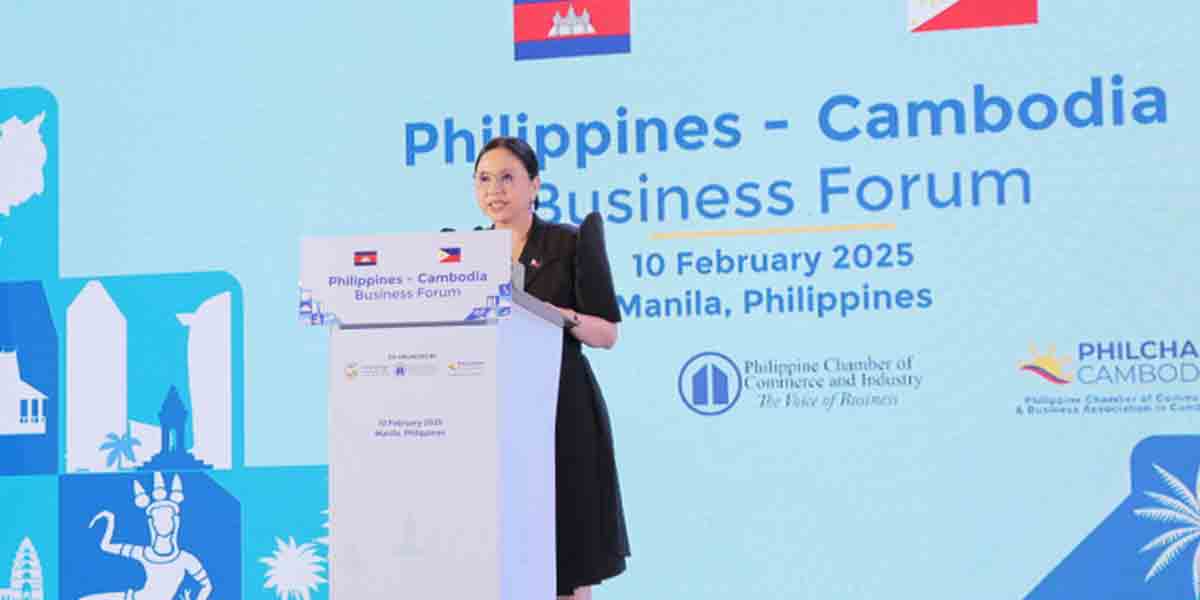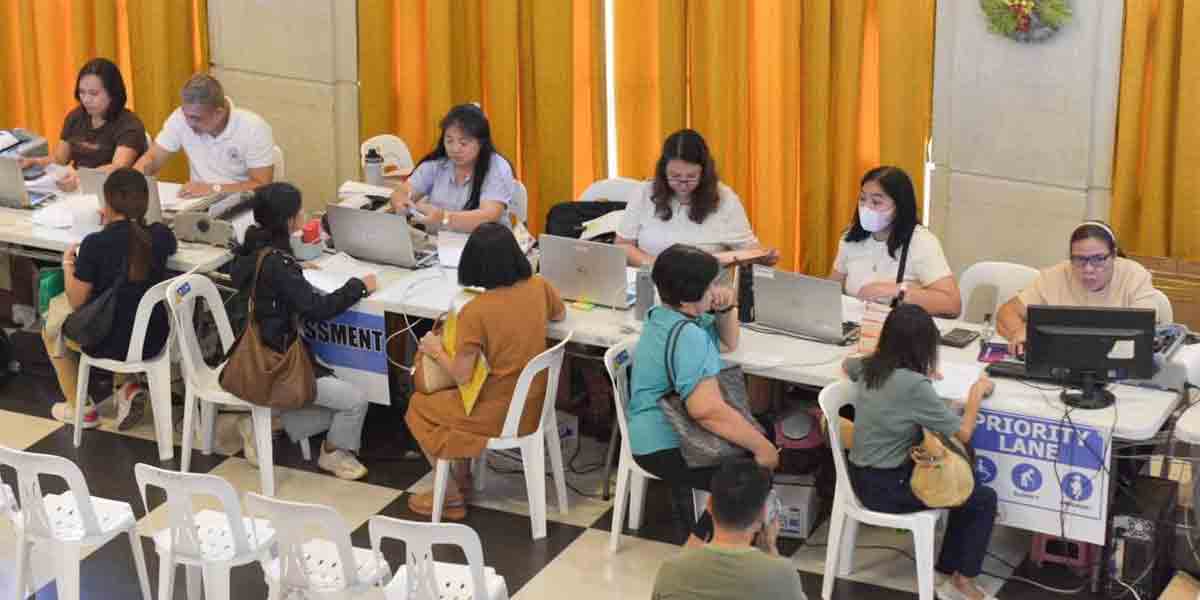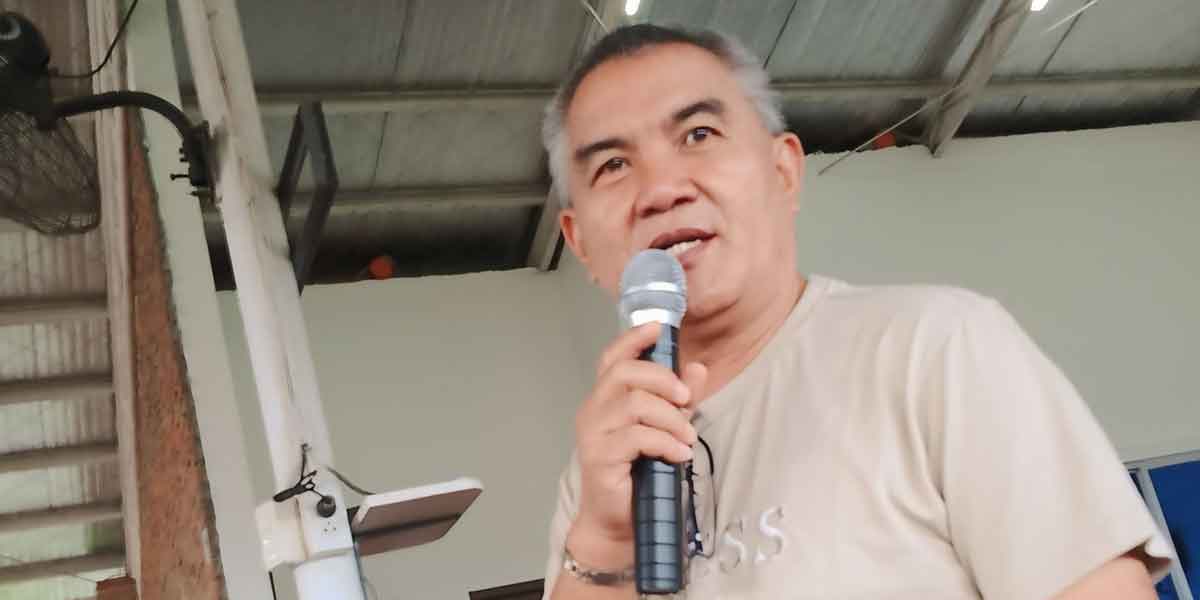
By Joseph B.A. Marzan
The coronavirus disease 2019 (COVID-19) pandemic changed the course of life for everyone around the world and impacted economies significantly.
More than 136 million people were infected with COVID-19 cases with 2.9 million deaths across 223 countries, areas, or territories as of April 14, 2021, according to the World Health Organization (WHO).
In the Philippines, the Department of Health’s (DOH) data as of April 15 listed a total of 904,285 COVID-19 cases, with 183,257 active cases, 705,164 recoveries, and 15,594 deaths.
Lockdowns were implemented by governments around the world, including the Philippines, to control the spread of COVID-19, leading to businesses temporarily closing down, adjustments made towards home-based arrangements, and other regular activities halted indefinitely.
The global economy went into the red because of the lockdowns and other COVID-19 related developments.
The global stock market crashed as early as February 2020, while 400 million jobs were lost between April and June 2020 according to the International Labor Organization.
The Financial Times in September 2020 estimated up to US$3.5 million in workers’ income were lost.
In the Philippines, the Inter-Agency Task Force for the Management of Emerging Infectious Diseases’ Technical Working Group on Anticipatory and Forward Planning (IATF-TWG-AFP) was created on March 27, 2020 to provide recommendations on rebuilding confidence and adjusting to the “new normal”.
The TWG-AFP is chaired by the National Economic and Development Authority (NEDA), the country’s central agency in socioeconomic planning, the Department of Health as the IATF’s lead agency, and other key economic agencies of the national government.
Its three main objectives are:
– To reduce uncertainty by making information available to answer some of the pressing questions of various stakeholders;
– To recommend programs and strategies to mitigate the losses experienced by consumers and businesses; and
– To recommend policies and programs to adapt to a “new normal” state of economic activities.
The group published the “We Recover As One” report in May 2020, which provided a summary of the findings and recommendations corresponding to each of the main objectives.
The report states that the country has lost an estimated total of P1.1 trillion or 5.56 percent of its Gross Domestic Product (GDP) in 2020.
The losses include P94.30 million in agriculture, P537.72 billion in industries, and P569.72 billion in services.
As to the Gross Regional Domestic Product (GRDP), the NEDA’s Regional Development Staff estimated that Western Visayas lost P17.62 billion which includes P3.52 million in agriculture, P7.81 billion in industries, and P9.81 billion in services.
GDP refers to the total value of goods produced and services of the country in a year, while the GRDP refers to the total value within a region.
The report also outlined how the economy will move forward in the “new normal” or the state of affairs after the lifting of COVID-related restrictions.
WHO provided six criteria needed to be met before they are to be lifted:
– Transmission is controlled;
– Health system capacities are in place to detect, test, isolate, and treat every case and trace every contact;
– Outbreak risks are minimized in special settings like health facilities and nursing homes;
– Preventive measures are in place in workplaces, schools, and other places where it’s essential for people to go;
– Importation risks can be managed; and
– Communities are fully educated, engaged, and empowered to adjust to the “new norm.”
The report characterizes the “new normal” by “the need to observe social distance and strict personal hygiene and other sanitation protocols”, with smaller, sporadic lockdowns.
Recommendations were provided to the following sectors:
– Fiscal sector;
– Monetary and financial sector;
– External sector;
– Agriculture and fishery sector;
– Industry sector;
– Micro, small, and medium enterprises (MSMEs);
– Services sector;
– Transport and logistics sector;
– Tourism sector;
– Information Technology and Business Process Management sector; and
– Funeral services sector.
In an online forum hosted by the Iloilo Business Club and Daily Guardian, NEDA chief Socioeconomic Planning Secretary Karl Kendrick Chua characterized the recommendations made by the TWG-AFP in the report as putting “heavy premium” on digital-based services, on necessary health services, and greater food security.
Chua also expounded on the concept of food security, referring to an “open market” for available food with affordable prices.
“Food security does not mean you produce all the food you want because you can produce it at extremely high costs and no one can buy it when other countries sell rice cheaper. Food security means we have an open market so that we can find the best and cheapest high-quality food available,” Chua explained.
Chua also described the area of health systems’ capacity improvement as the “highest priority” the P4.506-trillion R.A. No. 11518 (General Appropriations Act of 2021).
But he added that the money allocated for these improvements “was not the only solution”, saying that adding human resources in the healthcare system, especially in Metro Manila.
Almost all of healthcare facilities in Metro Manila tending to COVID-19 patients have been cited in multiple news reports as being of full capacity.
“The money is not the only solution. We may have the money to buy the [Intensive Care Unit] equipment and rooms, but healthcare workers are limited. We also have to prioritize the use of scarce rooms. We will ensure that we have the [financial] resources, but we also need the complementary human resources, but also the understanding of the people that we have triage our scarce resources,” said Chua.
Chua also mentioned economic assistance already implemented by the national government in response to the economic impact of the ECQ.
These include Republic Act No. 11479 (Bayanihan to Heal as One Act or ‘Bayanihan 1’) and Republic Act No. 494 (Bayanihan to Recover as One or ‘Bayanihan 2’), and R.A. No. 11518.
The national government according to Chua has released P284 billion worth of subsidies, which include conditional cash transfers for distressed people in calamity areas, various support programs for displaced workers, agricultural assistance, and other COVID-19 economic response programs by all departments of the national government.
An additional P22.9 billion was also allocated for those affected by the current Enhanced Community Quarantine (ECQ), in the National Capital Region and the provinces of Bulacan, Cavite, Laguna, and Rizal, or “NCR plus”.
“NCR plus” had been under ECQ since March 29 because of their worsening COVID-19 numbers.
The socioeconomic planning chief did not confirm nor deny the possibility of other stimulus payments, but only stated that the existing economic assistance programs “should be prioritized and used before we consider any more further stimulus payments”.






















